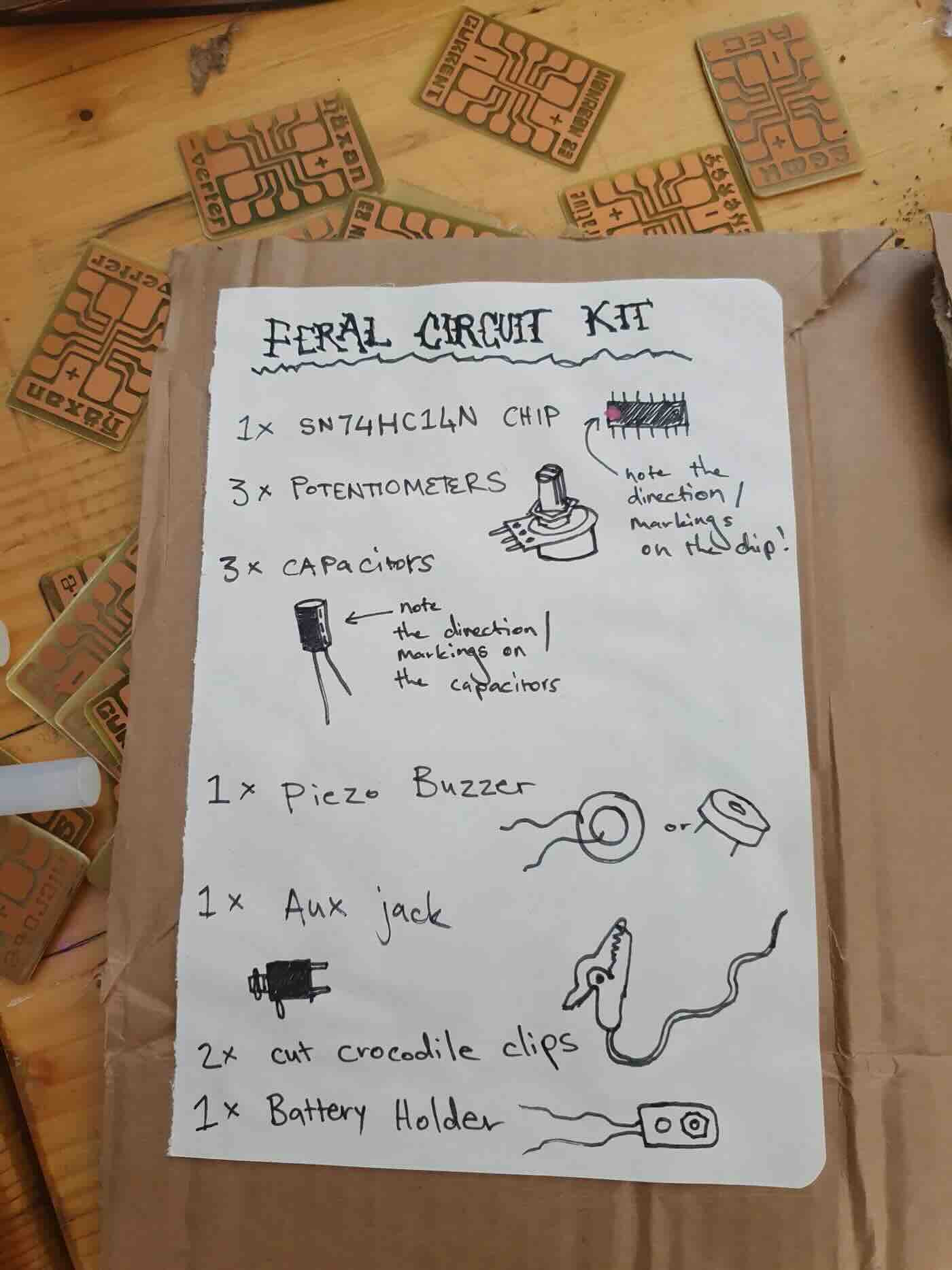Collected writings
Below is a selection of writings we have published during the project. Additionally, see our Lingo and Fieldnotes pages for more writing and reflections.
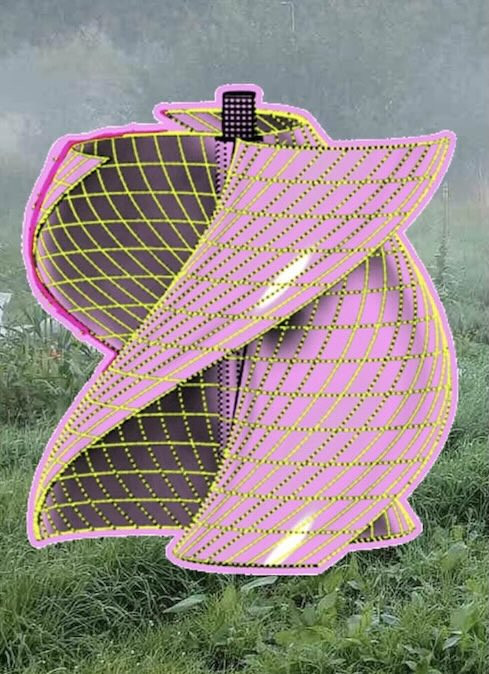
Windternet: Designing grid-liberated servers for regenerative energy communities
Eric Snodgrass, Helen V. Pritchard, Miranda Moss, Daniel Gustafsson and Jorge Zapico
Abstract: "Imaginations of server practices that depend on renewable energy, such as wind or solar, highlight alternative paradigms to the fossil fuel intensive, resource hungry computation of cloud regimes. More often than not, the materials used to maintain off-gridness, such as batteries and solar panels, depend on intensive resource extraction, land grabbing and damage to soil dependent ecosystems. This raises important questions of how both renewables and computing are dependent on extractive practices. In response, the Windternet project explores how regenerative commitments can act as resource "limits" capable of challenging and generating alternative approaches in computing otherwise, renewables and sustainable technological prototyping more generally. [...] Transversing across different imaginaries of limits and abundance, we discuss how components in the designs of regenerative prototypes can be substituted, eliminated or repurposed. This includes growing compost-promoting wind turbine blades from mycelium, repurposing e-waste generators and developing a custom low-cost, open source hybrid charge controller for low power servers. In doing so, we explore what it can mean to center regenerative commitments when practicing with technological and computational tools for the resourcing of community infrastructures."
PDF online here: https://computingwithinlimits.org/2024/papers/limits2024-snodgrass-windternet.pdf
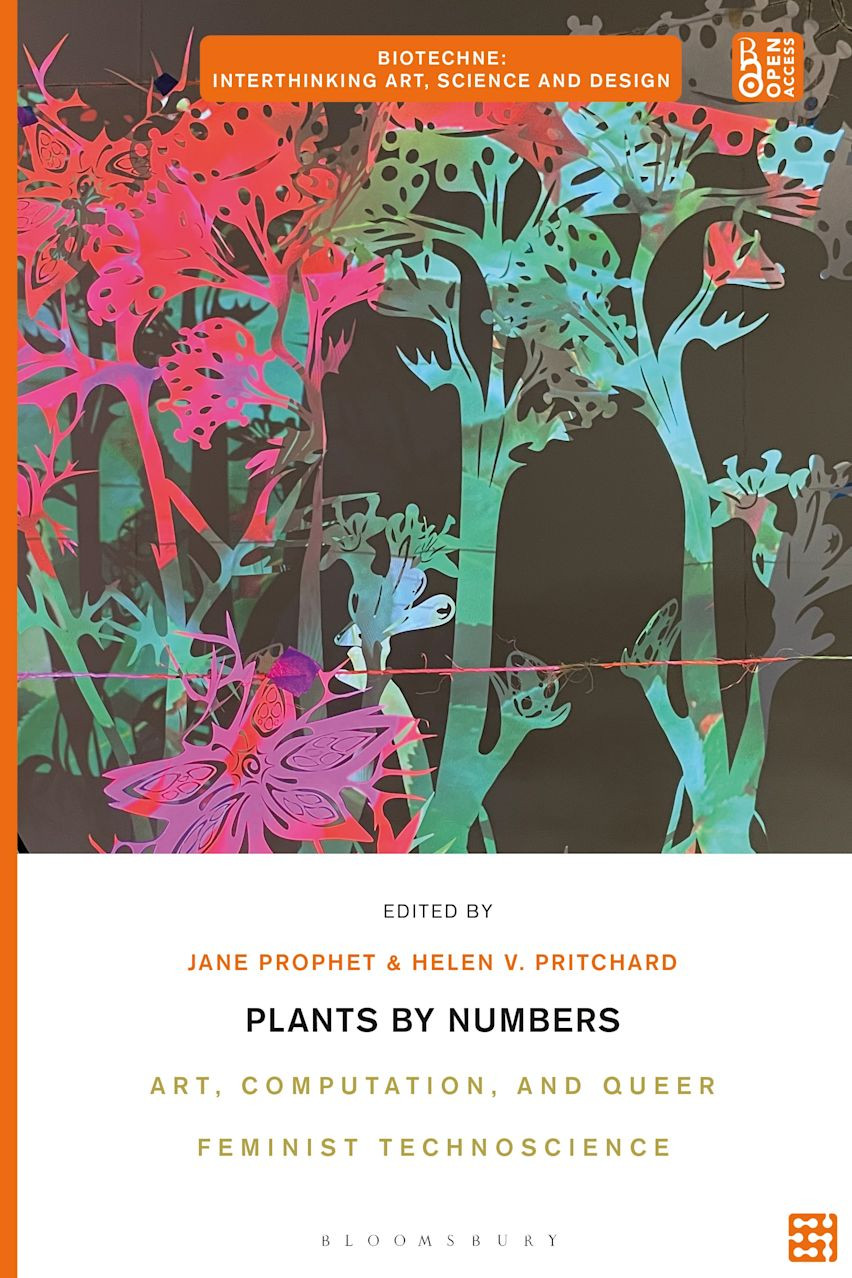
Tending to 2030 m3: How to Regenerate: Regeneration? How to Unasphalt Asphalt?
Regenerative Energy Communities (Helen V. Pritchard, Eric Snodgrass, Miranda Moss, and Daniel Gustafsson)
Abstract: "This chapter is an account of a day-long collaborative workshop held in Växjö, Sweden, for the municipality’s earth week series of events in March 2022. [...] Titled Regeneration 2030 m3, the workshop was an attempt to work collaboratively with Hofs Lifs’s ongoing proposal to transform a roughly 2000 m2 parking lot in Växjö city center to a space for climate neutral, community-centered production of food by the year 2030. [...] In giving this account, we have focused on the uncertain complications, tensions, and energies that spilled out of the collaboration, the event, and its crossings. We give voice to what we see as a two-sided unease in our own project that also manifested itself in the planning of this day. The unease is partly one of working practically with technoscientific and technocratic paradigms and imaginaries, but it is also our caution of what it means to work with regeneration and the regenerative as a practice. This account of the framing, planning, and events of the day is an opportunity to share stories about the challenging sedimentations of working with material resistances and of deep, ongoing damages. We describe our speculative attempts at remediation and crossings, as well as the generative prompts and lingering questions that emerged as a queer, open-ended set of collectively made regenerative prototypes loitering in between spaces of a seemingly fixed and sealed present, deep-time past, and future possibility."
Available within the open access PDF of the book: https://www.bloomsburycollections.com/monograph?docid=b-9781350351042
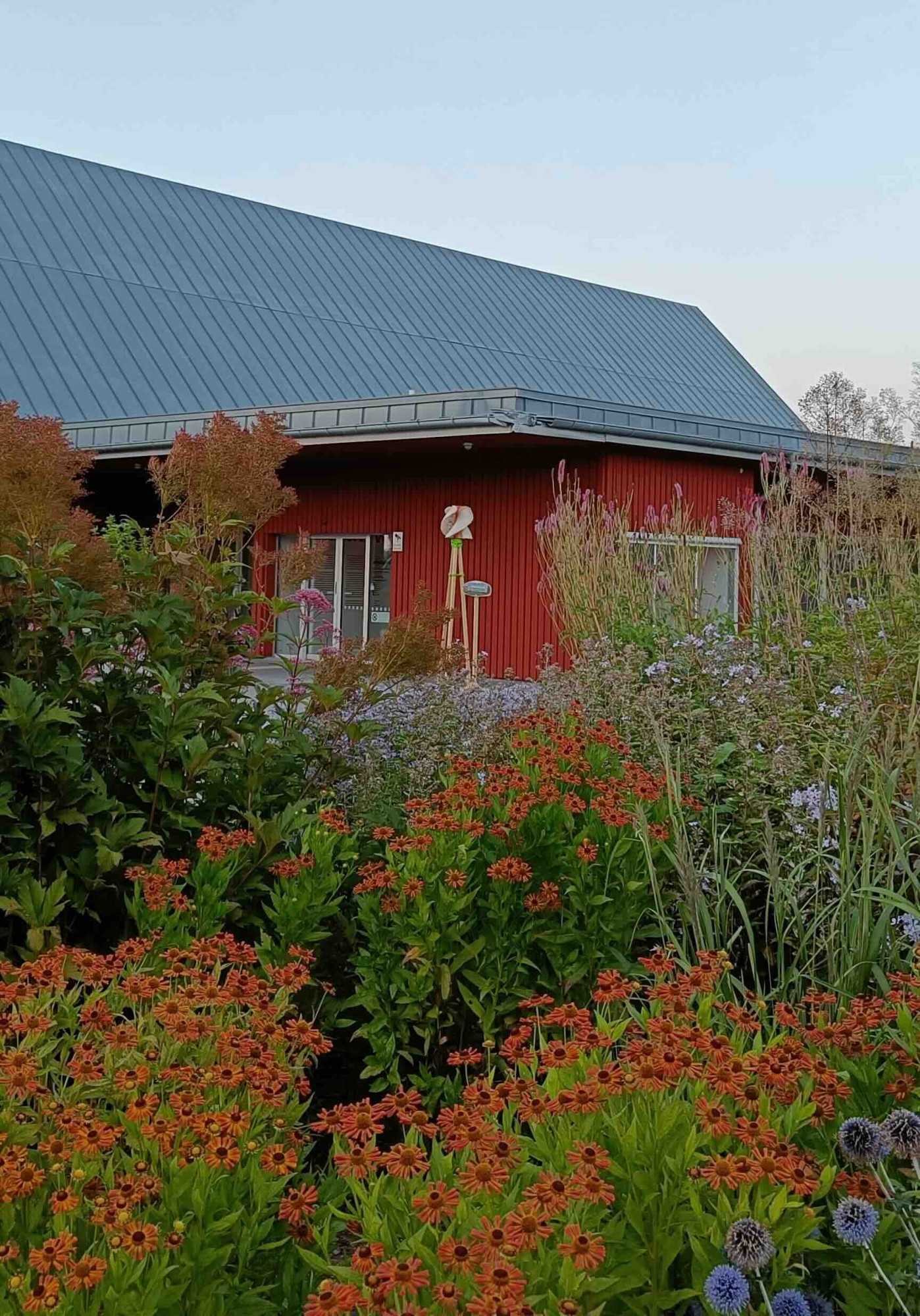
Renererative Energy Communities x Holding Surplus House
Eric Snodgrass
A short contribution for the edited collection Seasonal Designing with the Holding Surplus House reflecting on what it means to carry out (design) practices aligned with cycles of seasonality and regeneration.
Available within the open access PDF of the book: https://lnu.diva-portal.org/smash/get/diva2:2004484/FULLTEXT02.pdf
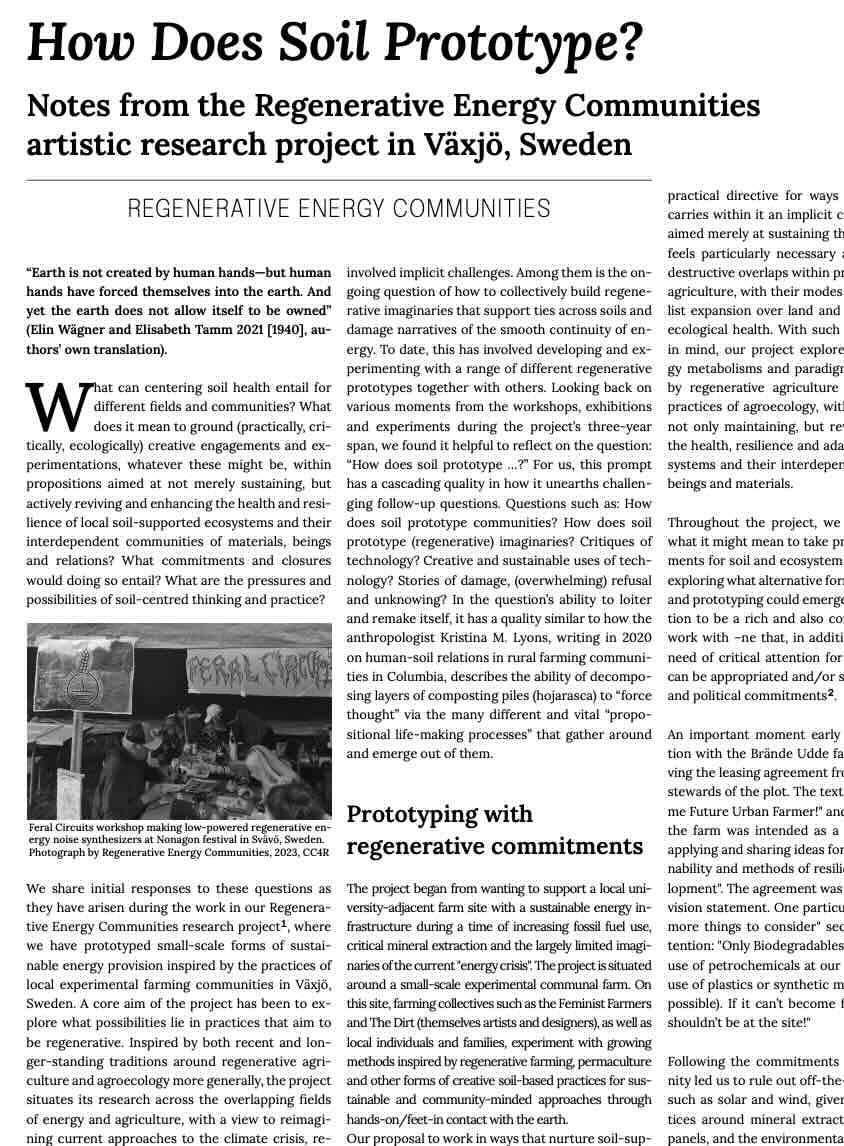
Humuspunk: How Does Soil Prototype?
Regenerative Energy Communities
Intro: "This spring, Makery co-produced issue 6 of the occasional newspaper The Laboratory Planet. This issue imagines a peasant and neo-peasant future, invented by global peasants, organised in diverse territories, cultivating biotopes that are more heterogeneous, more democratic and therefore more habitable. The central section is devoted to the recent Soil Assembly initiative, and develops some of the experiences, reflections and surveys gathered within this emerging network. In this text Regenerative Energy Communities imagine infrastructures otherwise and design practices that can flip paradigms, embrace grimy creativity and ferment revolt."
Link: https://www.makery.info/en/2024/09/20/comment-les-sols-prototypent (also also available in French)
The same article was further included in the The Laboratory Planet newspaper edition on the theme Planetary Peasants | Soil Assembly
Link: https://laboratoryplanet.org/english/ (also available in French and Spanish via this link)
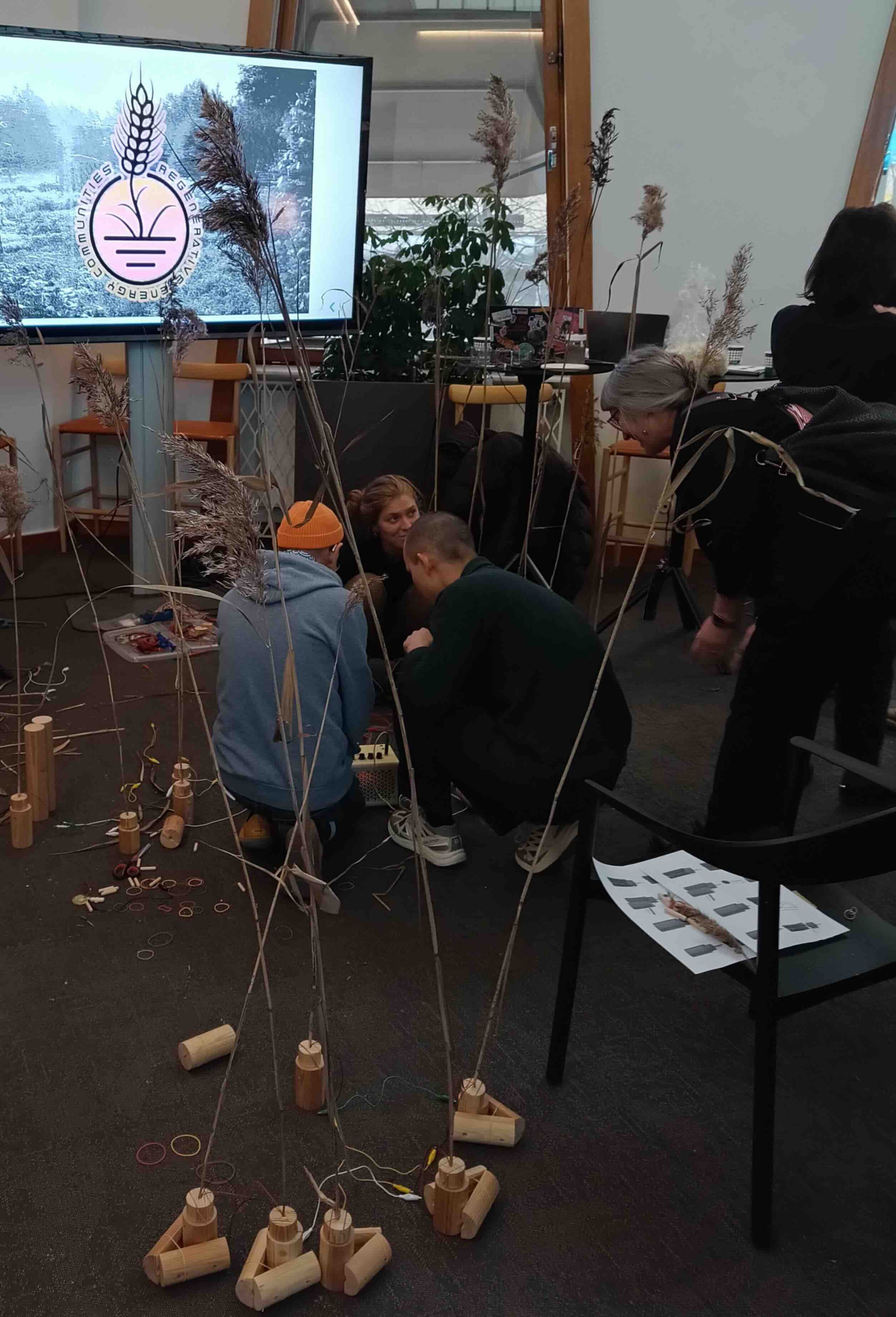
Companion prototyping
Eric Snodgrass (together with Miranda Moss, Daniel Gustafsson and Helen Pritchard)
Extract: "In terms of what is happening in our prototypes, we have found it helpful to speak of them as companion prototypes. At the “Fertility and Fertilizers” workshop on soil sensing held together with designers Nadia Campo Woytuk and Marie Louise Juul Søndergaard, our colleague, farmer and workshop participant Zeenath Hasan reflected afterwards on how an experiment of using beetroots in the workshop as an alternative form of sensor to measure pH levels in the soil could be understood as a form of companion sensing. A sensing similar to practices of companion planting and its use of interspecies nutrient strategies such as biofertilizers and the integration of livestock grazing in cropping systems, which are so central to agroecology, regenerative agriculture and many cultures of growing. Asking Zeenath later by text what a practice of companion sensing could be in a context of soil health, they responded, '"companion sensing" – a proposal to sense with companion species. An inter-species sensibility if you will. […] A way to practice vital politics of co-existing through intensifying'."
Link: https://designportfoliolnu.se/publications/a-collection-of-change/companion-prototyping/
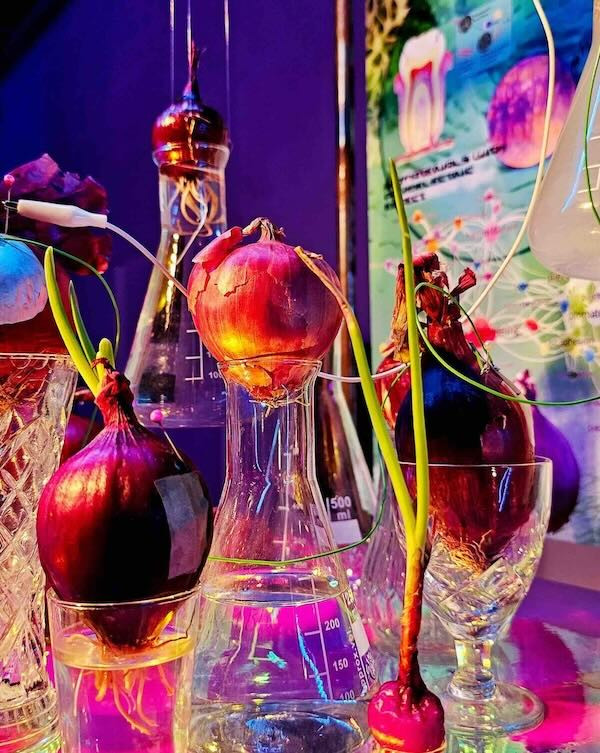
We need to rethink our relationship with energy
Sophia Prinz, interview with Miranda Moss
"A conversation about the complex relationship of the human with the non-human world. Sophia Prinz, professor for Design Theory and History at the Department of Design, discusses artistic strategies based on ideas of "care" with researcher/artist/educator Miranda Moss and ZHdK Fine Arts alumna Leandra Agazzi."
Link: https://www.zhdk.ch/en/news/we-need-to-rethink-our-relationship-with-energy-7607
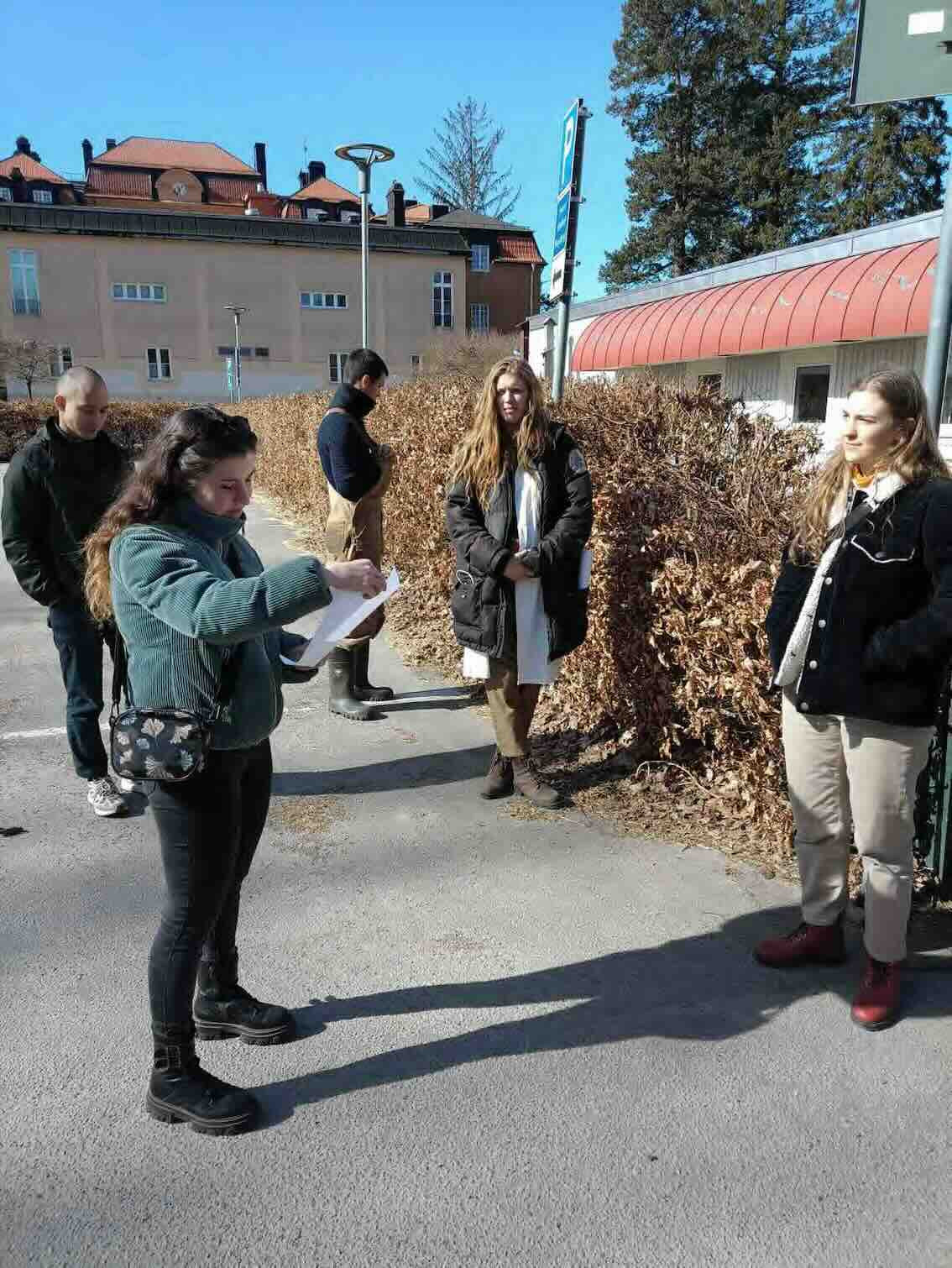
Grounding prompts for regenerative energy
Regenerative Energy Communities
A collection of prompts prototyped for use in the Regeneration 2030m3 workshop held as part of Earth Week in Växjö, Sweden. Scattered about the car park space in which the workshp took place, these were used as grounding devices for situating the workshop practices within the dense history of the space.
PDF of prompts: https://regenerative-energy-communities.org/texts/rec-earth-week-prompts.pdf
Texts on REC by others
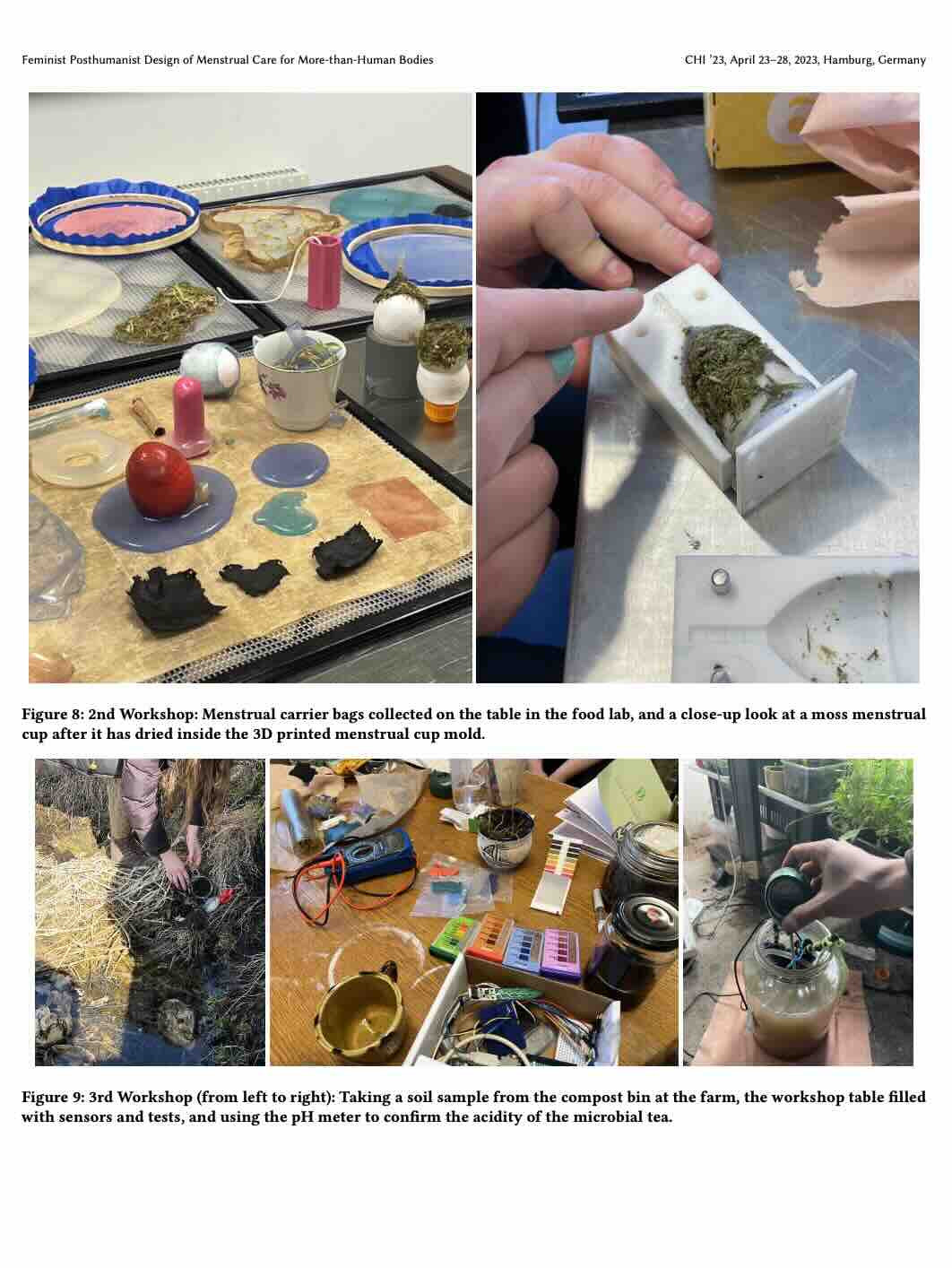
Feminist Posthumanist Design of Menstrual Care for More-than-Human Bodies
Marie Louise Juul Søndergaard and Nadia Campo Woytuk
Marie Louise and Nadia write about their research exploring "how menstrual care can extend to caring for non-human species and the environment". The paper includes reflections on the Fertility & Fertilizers workshop they facilitated with us, as well as other examples of their rich research through design practices!
PDF of artilce: https://dl.acm.org/doi/pdf/10.1145/3544548.3581083
